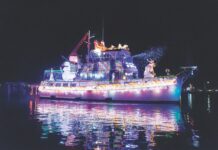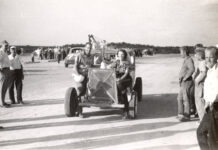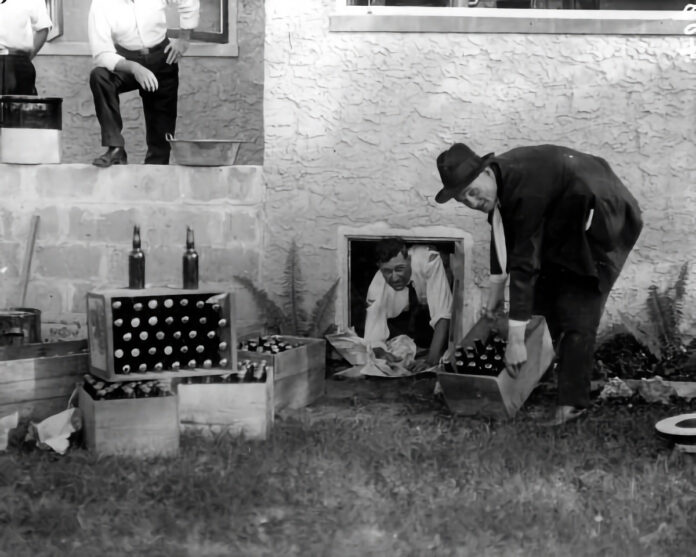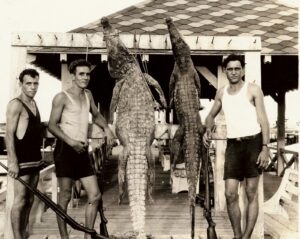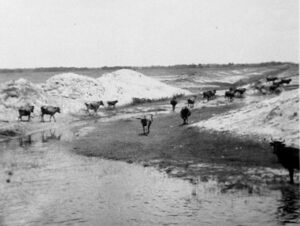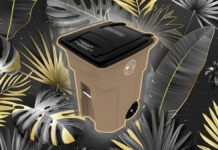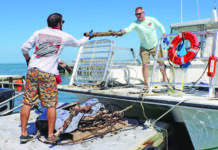During Prohibition, there was no shortage of places to acquire alcohol in the Florida Keys. Occasionally, federal Prohibition agents visited those places, often referred to as speakeasies, tea rooms and blind pigs.
Local law enforcement agencies visited them, too, mostly on business but sometimes for pleasure.
As can be imagined, a place to pick up a bottle of booze during the Prohibition years in the Florida Keys would be a poorly kept secret, and secrets are hard things to keep on islands. One of the advantages of the island chain, especially during the Prohibition years, was that access to the islands was limited. Prohibition lasted from 1920 to 1933. It was only in 1927 that State Road 4A, the first version of the Overseas Highway, provided a link between the mainland and Key West.
Before the road opened to traffic, people could reach Key West via boat or the Key West Extension of the Florida East Coast Railway. When federal agents boarded the train on the mainland en route to Key West, it was not unusual for that information to be relayed to train stations from Jewfish Creek to Key West via telegraph or telephone.
One event involving federal officers arriving in Key West aboard Henry Flagler’s train sparked quite a spirited back and forth among the agents, the community and local law enforcement. It started on Feb. 16, 1926, when agents boarded the train in Miami and traveled to Key West. The agents were described as “eight big men” carrying “eight big guns” who possessed a big stack of search warrants.
Several newspaper accounts describe the event that followed as the first “sweeping raids against liquor traffic in Key West.” During the agents’ brief stay, they raided 25 businesses. Nearly half of the establishments stood within two blocks of police headquarters. The evidence the agents collected ranged from a single one-quart bottle to 10 cases of alcohol. The agents arrested 15 people, including Mr. and Mrs. Paul Lowe from Stock Island. Two of the individuals who were arrested were allegedly knocked in the head with bottles and dragged to jail bleeding from their scalps. They received no medical attention.
According to accounts quoted in local newspapers and alleged by Sheriff Roland Curry, the agents did not act in a lawful manner. Witnesses observed that when contraband was not discovered, the agents destroyed property, smashed glasses and cracked bottles of ginger ale.
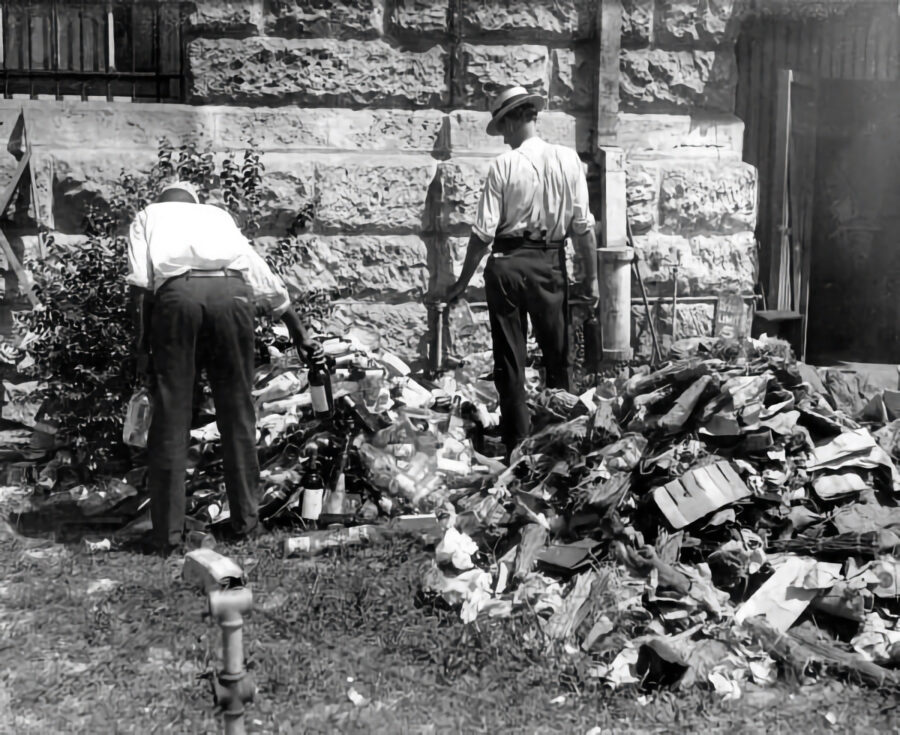
Additionally, after locking their prisoners in the Monroe County Jail, the agents failed to fill out the proper paperwork before heading to the train station to return to Miami.
In response, Justice of the Peace Rogelio Gomez signed warrants for the arrest of two agents, W.A. Dickinson and W.M. Thomas, for assaulting prisoner Avona Morales and for grand larceny. At about 7:45 p.m., Curry arrived at the Key West train station and attempted to serve the warrants.
When Curry approached the agents, they refused to identify the two officers named in the warrants. Curry told the agents that unless the proper paperwork was filled out and placed in his hands by 9 p.m., he would set the prisoners free as he had no authority to hold them without it.
The Prohibition agents ignored Curry and took any “evidence” that they had collected back to Miami. After the train departed Key West, Curry called ahead to Miami to have the two men arrested, but his message was seemingly ignored — at least at first. Back at the Monroe County Jail, Curry released the 15 people who had been taken into custody.
Curry’s charge of grand larceny involved the theft of a handbag from one of the café owners across the street from the La Concha Hotel. The handbag, purchased on a trip to Egypt, contained a $450 diamond ring, a pearl necklace and $30 in cash. As for the officers named in the warrants for assault and grand larceny, as of February 17, only Dickinson had been served a warrant, arrested and posted a $500 bond.
In the days that followed, Curry received a telegram from the U.S. Marshal’s office to hold nine of the prisoners apprehended during the raid until warrants could be delivered to Key West. Because the telegram was received 60 hours after the arrests, Curry had no authority to hold those named, even if he knew where they were since they had been released.
It was not the end of the story. In subsequent newspaper articles, acting State Prohibition Administrator P. F. Hambsch accused Key West officers of framing the agents. Curry’s response was printed in the March 1, 1926, edition of the Miami Tribune.
“Hambsch no doubt bases his statements on information given him by the agents. He has not heard the testimony of the score or more of witnesses who have signed affidavits that the agents assaulted their prisoners and also featured in the alleged thefts.”
According to the same March 1 story, U.S. Judge William Gover would defend the agents. A spokesman for the Federal Prohibition Office issued the statement: “We are not worried about charges against local agents who figured in the Key West liquor raid. If authorities down there wish, they can make the charge murder.”
Details regarding the outcome of the case against the Prohibition agents appear murky. In June, Curry died in a boating accident while in the Bahamas. Cases against the agents seem to have been turned over to the U.S. Court.





